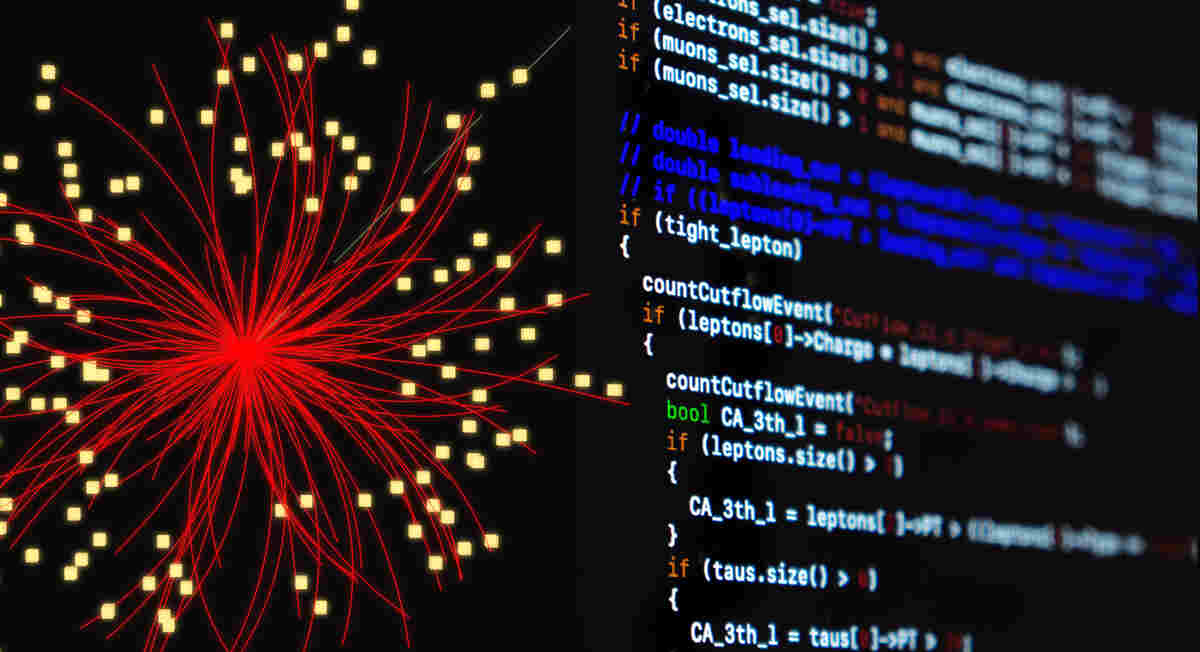THE LATEST
ATLAS releases 65 TB of open data

The recent findings at the Large Hadron Collider have raised questions about future discoveries. Despite the groundbreaking discovery of the Higgs particle in 2012, the latest results from CERN indicate that there may not be significant discoveries on the horizon. However, there is a possibility of unexpected developments in the future. So far, their efforts have yielded little additional insight.
The ATLAS Experiment, conducted at CERN, has taken a step forward in open data utilization in high-energy physics. It has made a 65 TB dataset available to the public, containing over 7 billion LHC collision events from proton-proton operations at an energy level of 13 TeV from 2015 to 2016.
The decision to release this vast amount of data reflects a commitment to the core value of open access. Andreas Hoecker, the ATLAS Spokesperson, has emphasized that "open access is a core value of CERN and the ATLAS Collaboration." This initiative not only offers data for educational purposes but also invites the public and researchers to explore and conduct further research using the data that has contributed to ATLAS' groundbreaking discoveries.
This release demonstrates the ATLAS Collaboration's steadfast dedication to open-access principles, aiming to promote dialogue, collaboration, and comprehensive scientific research. The data, accessible to external researchers and the wider scientific community, are accompanied by detailed documentation of various analyses, providing a full understanding of the research process. This approach aims to allow firsthand experience with ATLAS results and their associated tools, facilitating critical evaluation and testing of the data across different scientific domains.
In line with previous efforts, the ATLAS open data release aims to enhance accessibility and inclusivity and serve individuals at various academic levels, from high school students to seasoned particle physics researchers. Additionally, the software used to create the education-use open data has also been made available, enabling engagement with documented tutorials and the latest updates on the Higgs-boson discovery.
The release of this dataset not only exemplifies data accessibility but also underscores a commitment to future transparency, with the imminent release of lead-lead-nuclei collision data. This demonstrates an ongoing effort to promote accessibility, reproducibility, and scientific excellence within the high-energy physics community.
In summary, the release of this extensive dataset by ATLAS advocates for an academic landscape marked by openness, inclusivity, and the collaborative pursuit of scientific inquiry through transparent and accessible data. This initiative provides a valuable opportunity for researchers at all levels to engage in the field of high-energy physics, fostering a culture of open data utilization in academic research.
For more information and to explore the ATLAS Open Data Portal, please visit the ATLAS Open Data Portal.
